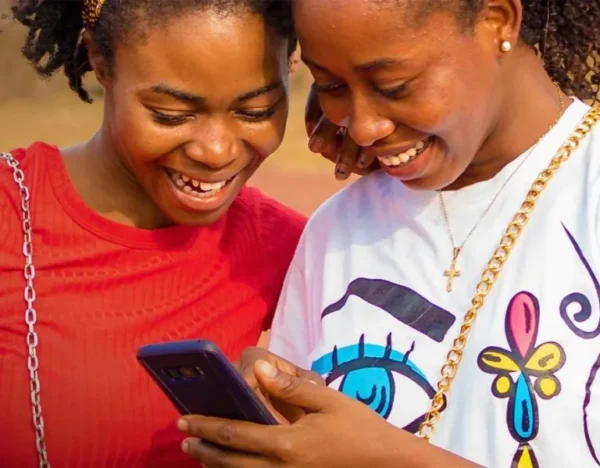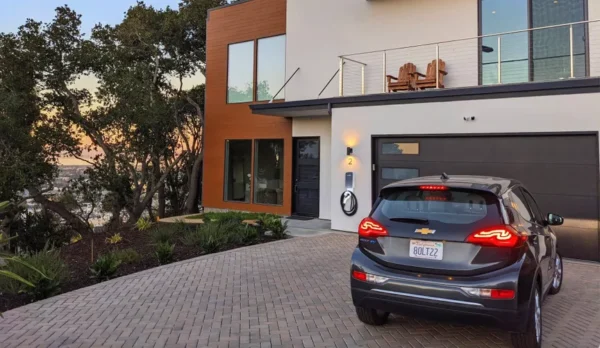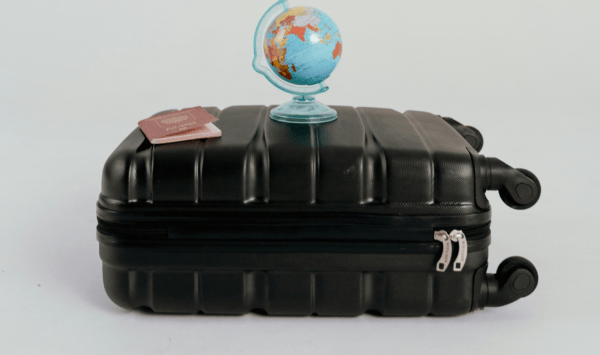
How Technological Innovations Are Shaping Money Transfers to Africa
In today’s world, technology is changing how you do almost everything, including how you send money to Gambia and other parts of Africa. These changes are making it quicker, safer, and sometimes cheaper to transfer money across borders. Here, dive deeper into the technologies that are making a big difference.

Mobile Money Platforms
Imagine being able to carry your entire bank in your pocket. That’s what mobile money platforms have done for millions of Africans. These platforms transform a regular mobile phone into a mini bank. People can now send, receive, and save money with a few clicks on their phones. This is a big deal in places where traditional banks are few or far away.
This Comprehensive Mobile Check Cashing Guide could serve as a valuable resource for individuals in Africa looking to leverage mobile technology for their financial needs, contributing to greater financial empowerment and inclusion across the continent.
Mobile money is not just for sending money back home. It’s also used to pay for things like groceries, school fees, and electricity bills. This has made life easier and safer for many, as they don’t have to carry cash everywhere.
Western Union states, “Support loved ones from virtually anywhere in the UK.”
Blockchain Technology
Blockchain is a secure and transparent digital ledger that records all transactions across a network. The cool part? Once a transaction is recorded, it can’t be changed or deleted, making fraud almost impossible. When it comes to blockchain technology, there’s a fundamental distinction between public vs private blockchain networks, each offering unique advantages and catering to specific use cases and industries.
In Africa, blockchain is starting to be used to send money across borders. It skips the middleman, which can make transfers faster and cheaper. Though it sounds a bit complex, the main thing to remember is that blockchain can make sending money more secure and less costly.
Digital Banking Services
Digital banking means doing all your banking without ever needing to visit a bank branch. In Africa, digital banks are popping up, offering the ability to manage money, make payments, and even invest, all from an app on your phone.
These banks often have lower fees because they don’t have the extra cost of running physical branches. They can also offer better exchange rates, which is great for people working abroad who want to send money home.
Peer-to-Peer Transfer Services
Peer-to-peer (P2P) services let people exchange money directly with each other without needing a bank or money transfer service in the middle. It’s like if you wanted to swap lunch with your friend directly instead of going through the cafeteria.
For money transfers to Africa, P2P can mean better exchange rates and more flexibility in sending and receiving money. It’s especially handy for currencies that aren’t commonly traded, making sending money to more remote places easier and cheaper.
Fintech Startups
Fintech startups are young companies that use new technology to compete with traditional financial methods in delivering financial services. In Africa, these startups are shaking things up by focusing on solving specific problems, like reducing the cost of sending money or making it possible to send money to someone without a bank account.
These startups are agile and innovative, often partnering with mobile money platforms or using blockchain to provide better services. They’re all about making financial services more accessible, affordable, and suited to the needs of people in Africa.
Technology is making big waves in how money is sent to and within Africa. From mobile banks that fit in your pocket to secure blockchain transactions and innovative startups, sending money has never been easier, faster, or safer.
These changes are not just about transferring money; they’re about empowering people and fueling economic growth across the continent. As technology continues to evolve, it will open even more possibilities for making financial services accessible to everyone.













































